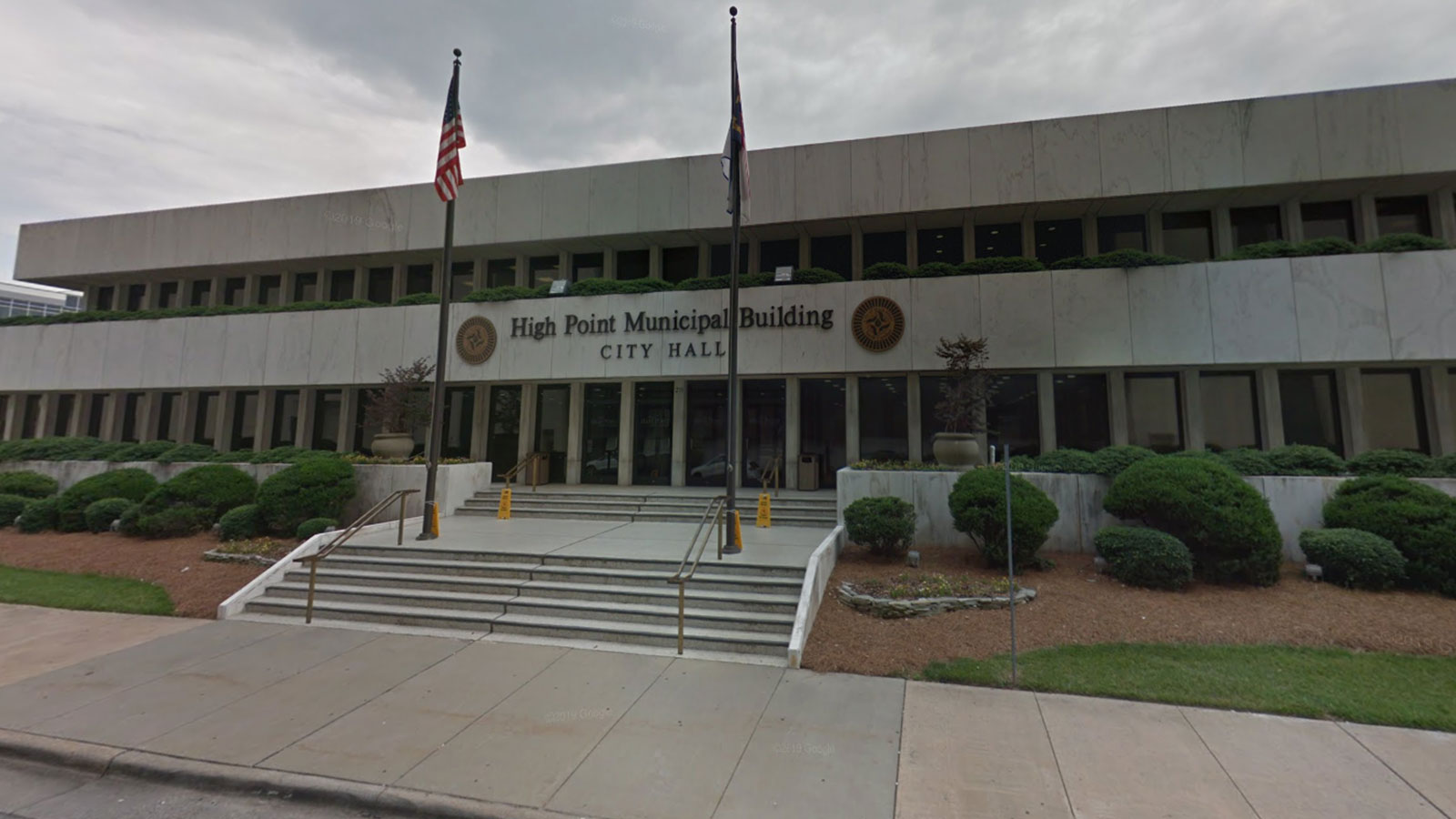Supporters of slavery reparations for Black High Point residents were celebrating when the city took a step in February few other communities have taken.
The City Council, by a 5-4 vote, established the One High Point Commission, which is charged with studying and documenting the history of racial injustice in the city and recommending “community reparations” in response.
The 13-member commission began meeting in June, but, as of the end of the year, doesn’t have a working budget to finance its mission. It has asked the council for a six-month extension to produce its final report, which is due in June 2023.
It has spent most of its meeting time discussing issues such as what the scope and nature of its work should be and what should constitute reparations.
It has also dealt with controversies, such as the October arrest of one of its members, Dawn Paige, for disrupting a council meeting.
Paige has since been kicked off the commission and two other members resigned. All three vacancies have been filled.
In addition, there has been a lack of clarity over whether city staff should assist the commission with things like research and other tasks, or whether the commission should hire outside experts to do this.
Earlier this month, the board asked the council for the six-month extension and for $45,000 in city funds to hire researchers and a project manager and to put on public events to raise awareness and gather feedback about its work.
But the council did not have its full complement of members at the meeting when this was on the agenda, and supporters got the vote delayed for fear that the funding request might have failed.
The commission was formed at the behest of the High Point NAACP branch.
That organization authored a resolution that serves as the basis for the commission.
The resolution says its responsibilities are to study and document the nature of slavery and segregation in High Point and the ways in which the city may have supported both.
Its task is to submit a written report of its findings with recommendations to the council.
These could include a formal apology by the city, new or amended city policies or ordinances, or “awards of compensation.”
Source: The High Point Enterprise, N.C.


